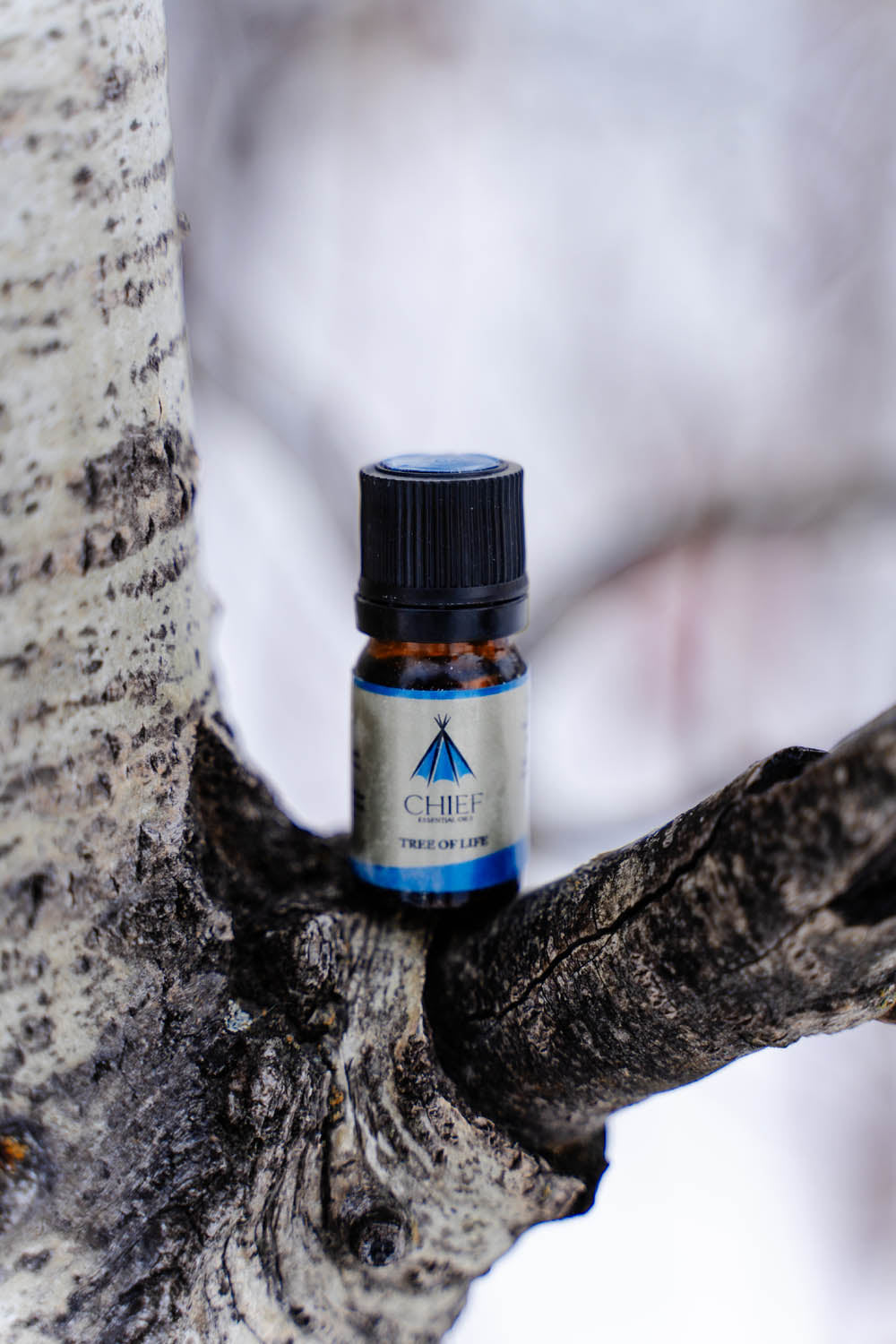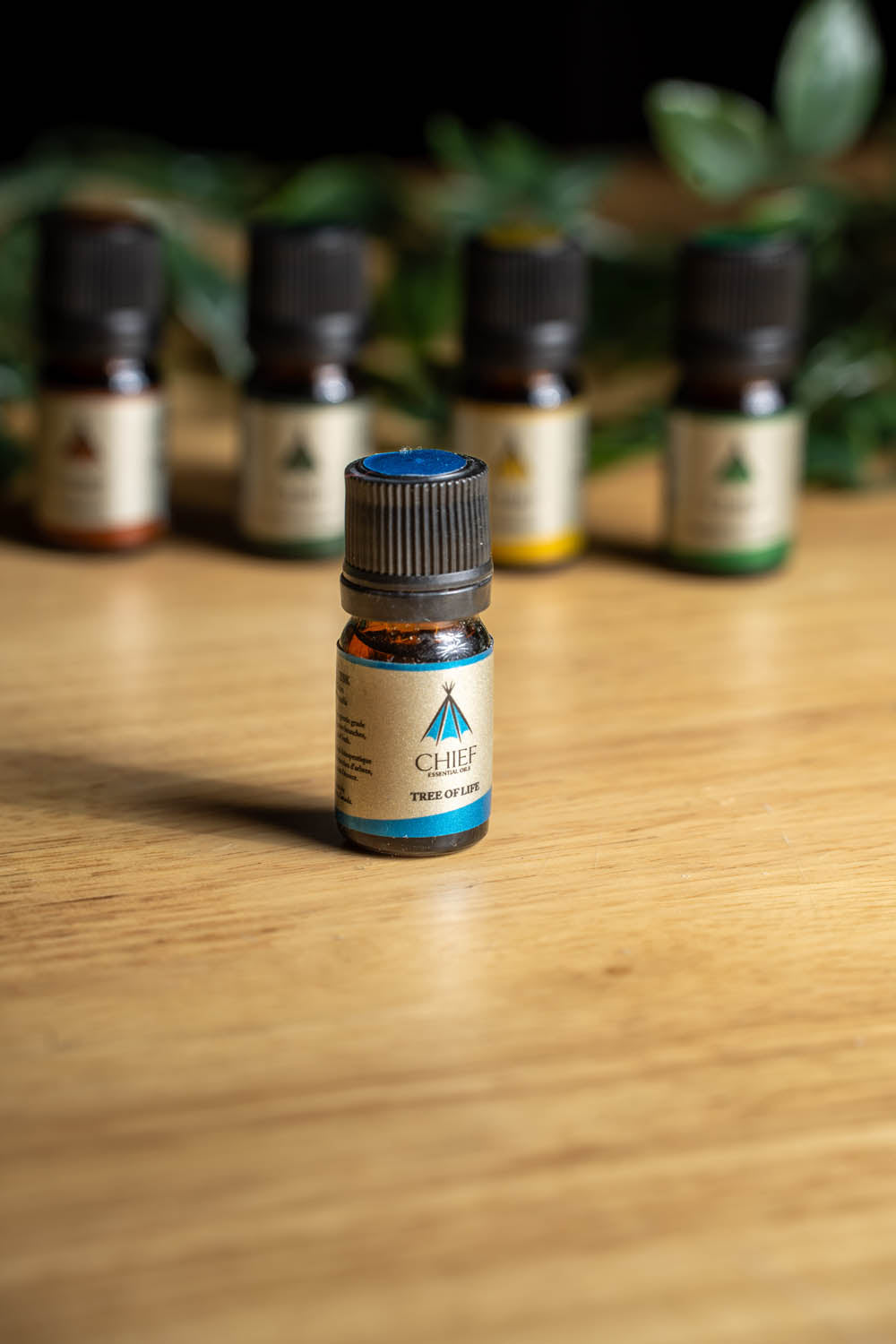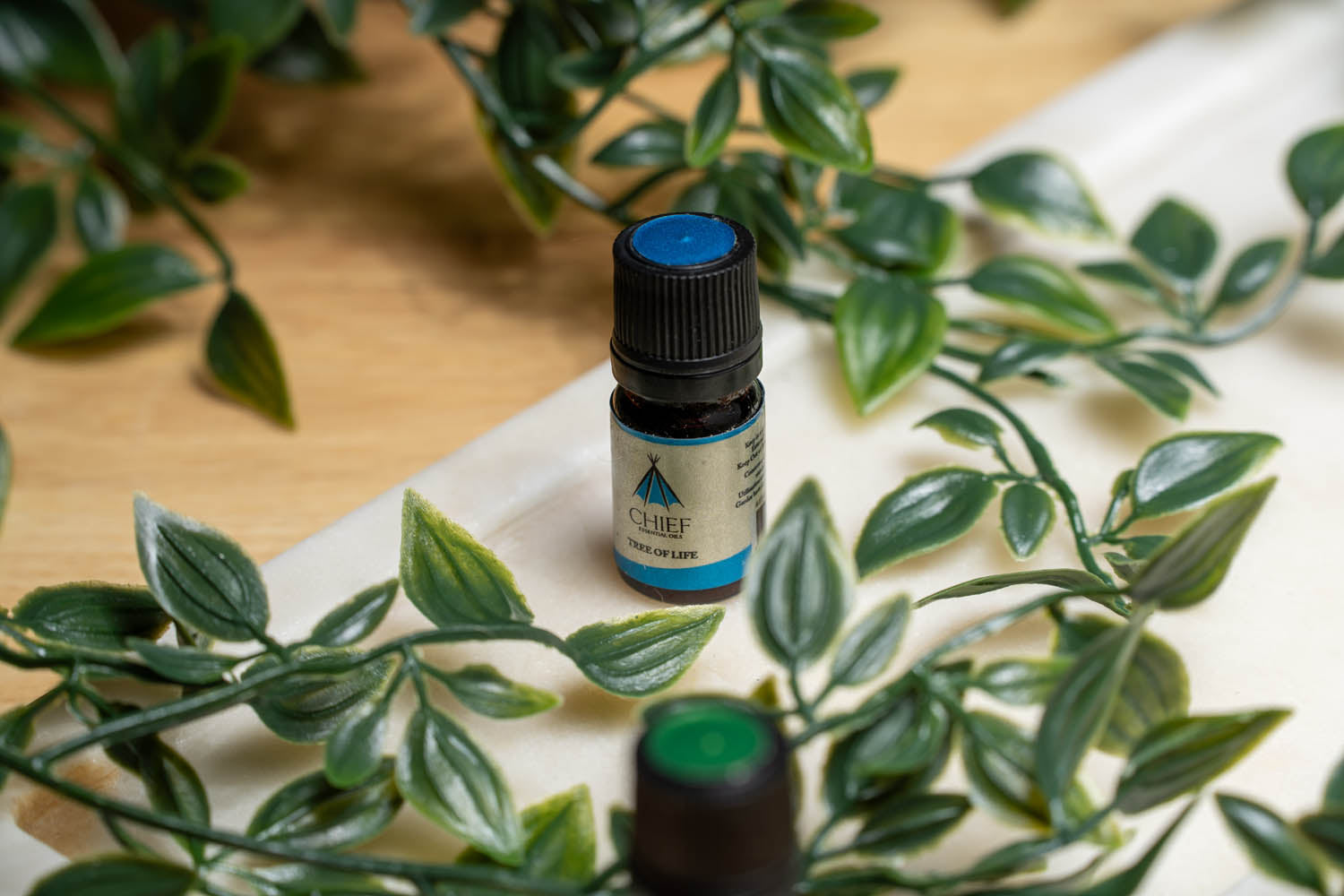Cedar • Cèdre • Thuja Occidentalis
Maaschiisk
Maaschiisk
Tree of Life Essential Oil
Description
Description
The northern white cedar is a shrub to small tree, heights can reach 20' to 40' tall and 10' to 15' wide. Northern White Cedar (Thuja occidentalis) is a member of the Thuja genus, a part of the Cupressaceae (Cypress) family. Its trunk is often twisted, strongly tapered and frequently divided into two or more direct stems. Its branches are short and nearly horizontal, sometimes forming almost impenetrable thickets because dead branches are stiff and persistent. The bark is gray to reddish-brown, separating in long, vertical, narrow shreddy strips. Its leaves are scale-like and are green to yellowish-green and grow flat. It is native to the north, northeastern, and eastern United States, predominantly in cooler climates. In Cree territory, cedar is often located along rivers and lakes. It is not a common tree, so the harvest is limited.
This oil is 100% pure, all-natural therapeutic grade oil. Use with caution.
Indications
Indications
Essential oils are a potent concentrate of active ingredients, which is why just a few drops are enough to exploit their powerful potential. Their use must therefore be done conscientiously and in accordance with the indications.
The use of essential oils is not recommended for children or for pregnant or breastfeeding women.
Bulk Pricing
Bulk Pricing
Are you interested in wholesale? Please reach out to us to discuss options.
Couldn't load pickup availability
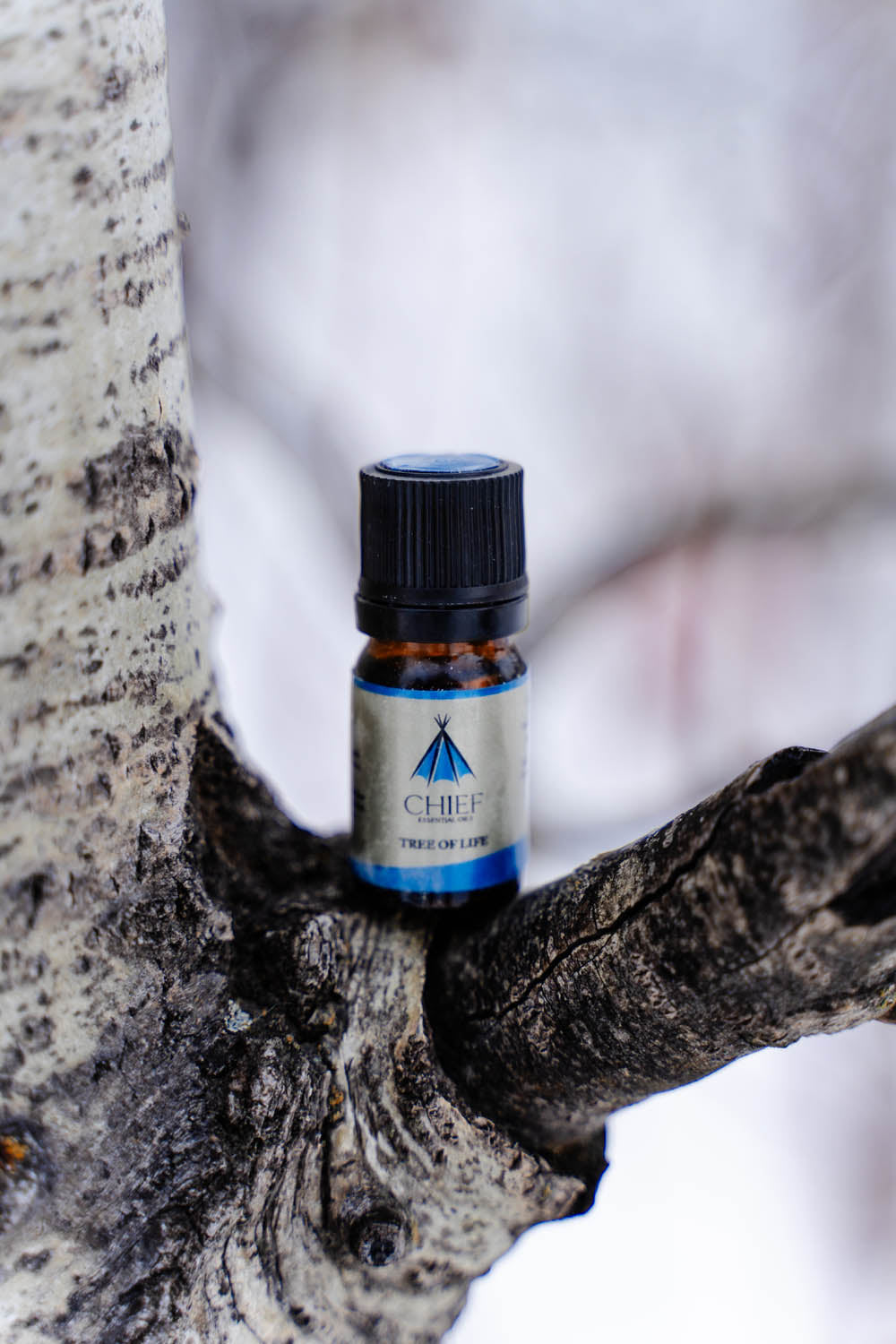
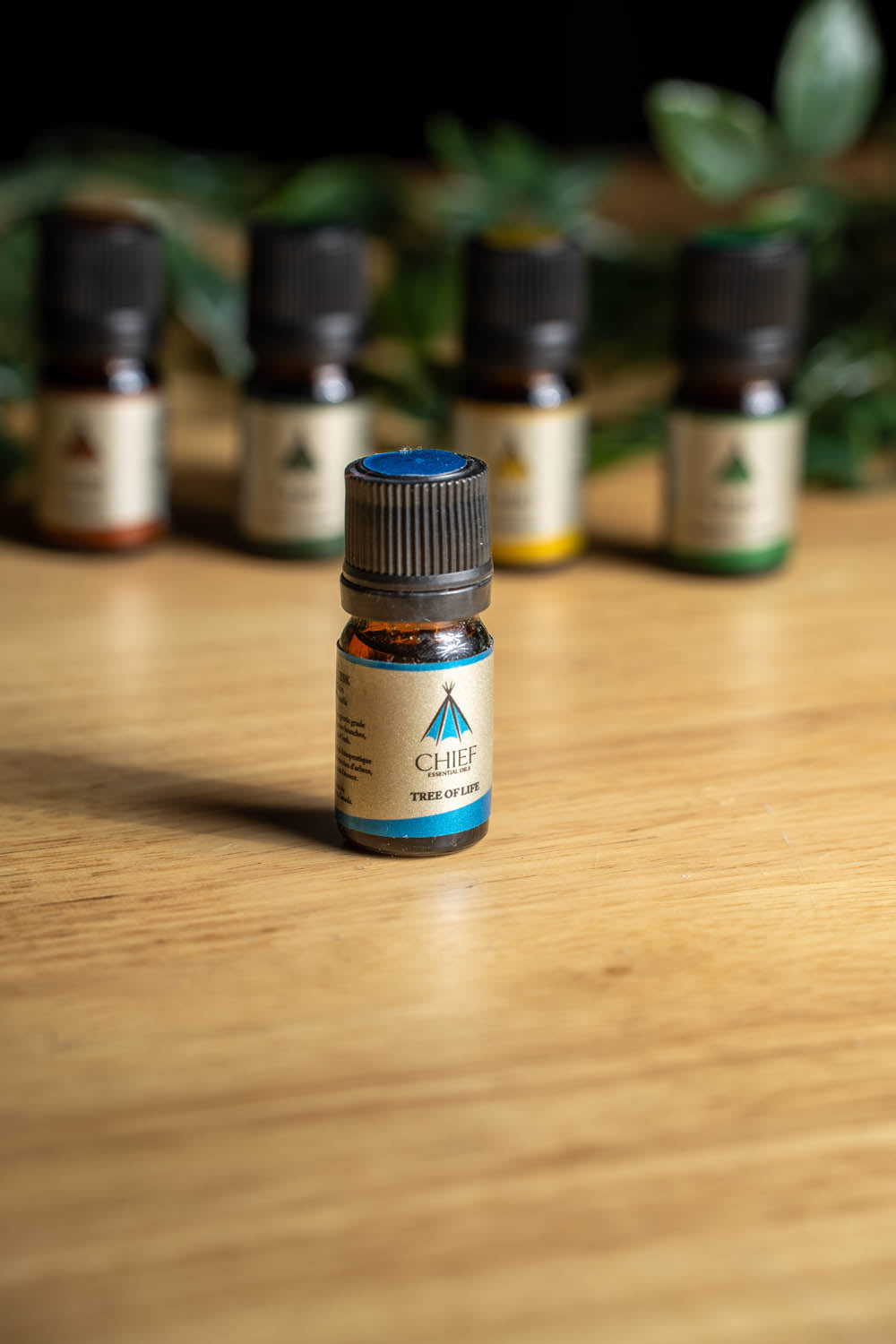
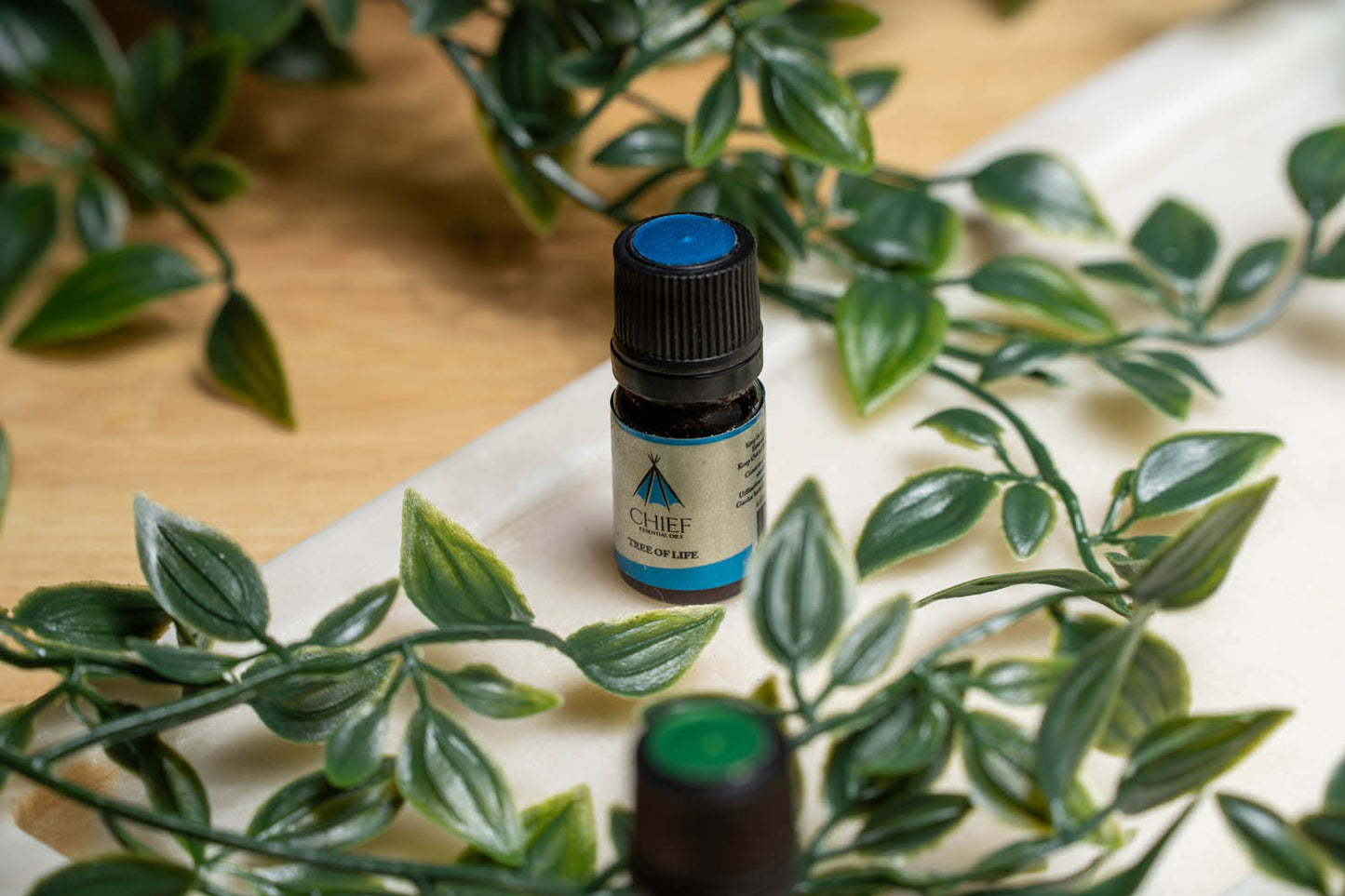
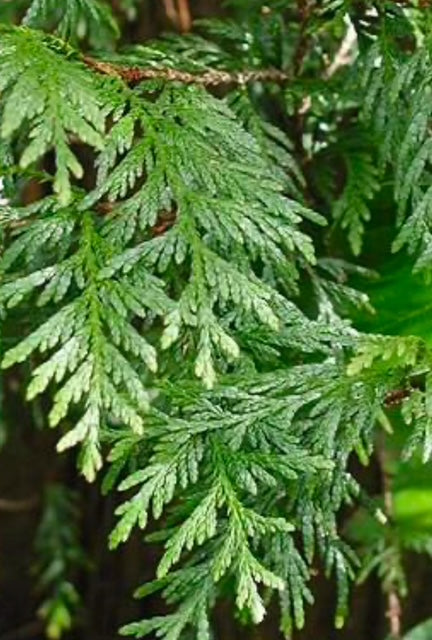
Usage
The Cree people of northern Quebec know the Cedar tree has many practical and medicinal uses. Cedar, when boiled, can purify indoor air and be used for cedar baths. As a tea, it can help to reduce fevers and rheumatic symptoms and relieve symptoms of chest colds and the flu. It is said to contain chemicals that may fight off viruses. These chemicals have been known to relieve quite a few health issues, including respiratory tract infections, bacterial skin infections, cold sores, osteoarthritis, and trigeminal neuralgia.
Traditional Recipes
Cree Traditional CEDAR TEA
Cedar tea is a cherished traditional remedy known for its ability to support respiratory health, promote healing, and boost immunity. This invigorating tea is widely used to relieve cold and flu symptoms.
Directions:
- Gather approximately 2 cups of fresh or dried cedar leaves, ensuring they are harvested responsibly and in accordance with traditional practices.
- Bring 12 cups of clean or distilled water to a boil in a large pot.
- Add the cedar leaves to the boiling water and reduce heat to a gentle simmer.
- Simmer for 15 minutes, allowing the cedar’s beneficial properties to infuse into the water.
- Strain the tea using a fine strainer or coffee filter to remove all plant material.
- Serve warm, optionally sweetened with a touch of honey to enhance flavor.
Usage:
Drink 1/2 cup in the morning and 1/2 cup in the evening as needed to alleviate chest colds, coughs, fevers, and other flu-like symptoms. Cedar tea is particularly effective for damp lung conditions, making it helpful for asthma, bronchitis, and pneumonia.
Note: Cedar tea is a potent remedy and should be consumed in moderation. Consult a healthcare provider before use, especially if pregnant, breastfeeding, or managing health conditions.
Making Tree of Life Maaschiisk Essential Oil
-
Distilled Parts
Needles, branches, twigs, bark, and cones
-
Extraction
Cree traditional harvesting, steam distillation
-
Properties
The primary chemical constituent of the leaves of Northern White Cedar is thujone. Although the precise content varies based on extraction methods, most samples contain 65% thujone (with alpha-thujone being the bulk of thujone content, followed by beta-thujone). Other compounds such as isothujone, fenchone, sabines, alpha-pinene, borneol, camphene, and limonene.
Thuja occidentalis is also rich in coumarins, flavonoids, tannins, and proanthocyanidins. Northern White Cedar has antioxidant, antibacterial, antifungal, antiviral, antipyretic, and insecticidal properties.
